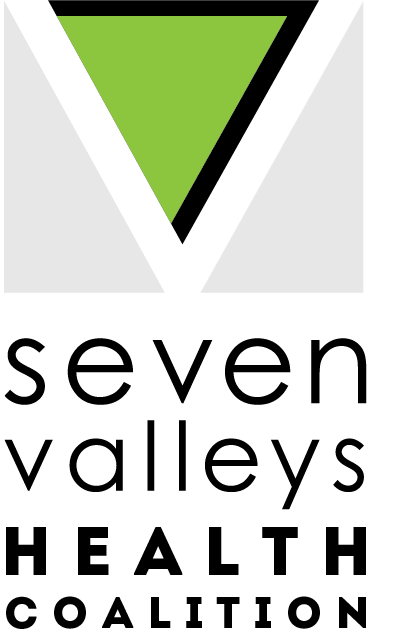#FarmerFridays: Cobblestone Valley Farm
Farmer Fridays Video Series: Cobblestone Valley Farm
We're kicking off this Friday with an episode of #farmerfridays that is sure to bring home the good!
Cobblestone Valley Farm supplies community members (and beyond!) products free of antibiotics, GMOs, hormones, or pesticides. 🤩 These extra steps of care and attention result in better land stewardship, higher nutritional content of food items, and outstandingly delicious tasting products. (If you haven't tried their strawberries🍓or a whole chicken 🐔 yet, you are missing out! *Chefs kiss!*)
So tune in and grab your grocery list, we have a feeling there are a few items you are going to want to add from the Knapp family!
🛒 To learn more about Cobblestone Valley Farm, including where to purchase their products, please visit their webpage or find them on Facebook at @cobblestonevalley.
🍴To connect with the Cortland Food Project, please visit their webpage.
⭐ To discover Cortland County's new local brand, Cortland Harvest, click here.
Why is organic important and what does it mean?
The word "organic" refers to the way farmers grow and process the products they grow or produce. Organic farming practices are designed to meet the following goals:
Improve soil and water quality
Cut pollution
Provide safe, healthy places for farm animals to live
Enable natural farm animals' behavior
Promote a self-sustaining cycle of resources on a farm
Benefits of purchasing organic food items include the following:
Higher level of nutrients. Think mineral, amino acid, good fats, and vitamin content!
Lower levels of toxic compounds — like heavy metals, pesticides, etc. — in or on food items. These compounds have been proven drivers of chronic illnesses.
Lower levels of illness-causing bacteria in items like dairy or meat. Bad bacteria…it’s bad.
Higher ratings of tastiness. Avoiding long transit times and other ills of food transportation means that your food arrives to your plate in its peak flavor state.
Facts sourced from the Mayo Clinic


